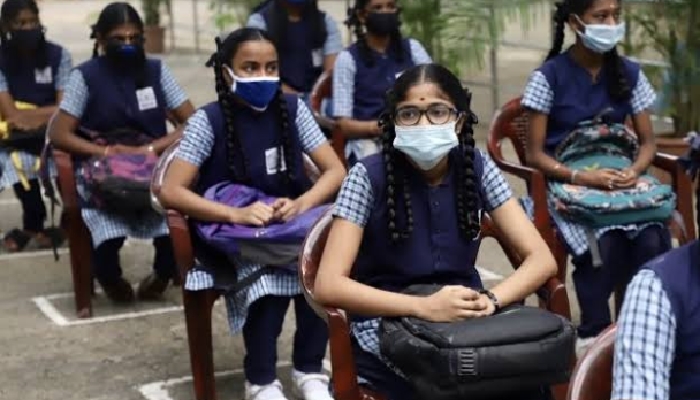
Feb 28: Lower ability classes should get the best teachers so that they would have the best teaching available to compensate for their academic deficiencies, says N N Prahallada.
In recent years various administrative procedures have been used to help “individualisation of instruction” in the schools. One such procedure popular with teachers and administrators is "ability grouping", also known as "homogeneous grouping".
The practice of ability grouping rests on the assumption that bright children learn more when they are separated from their peers and grouped for instructional purposes with other bright children.
The argument for ability grouping is that by narrowing the range of ability and achievement within an individual class, we can increase and improve the quantity and quality of learning in that class.
Ability grouping has been considered an advantageous practice by many as it allows pupils to advance at their own rate with pupils of comparable ability and achievement. It challenges the pupil to do his best in the group to which he is assigned and methods and materials used within homogeneous ability groups are directly applicable to all pupils because of the their similarity.
Pupils with less than average ability are able to receive more attention from the teacher when they are placed together in a class.
Ability grouping not only involves the organisation of schools and the kinds of social and intellectual experiences to which students are exposed but also broad social questions.
In a study investigating the effects of ability grouping on the self-concept of 102 fifth grade children in the US who had been grouped throughout their school career, it was found that when the children in the lowest group were asked why they were in this particular class, they replied: “I am too dumb”, “I cannot think good”, “We are not smart”, “We do not think good”, etc.
Apparently these children felt they were intellectually inferior; any negative feelings they had of themselves as learners when they entered school were simply reinforced by their grouping assignments. An analogous study of 190 six-grade children in a New York city school came up with the same evidence.
It is also observed that low income children are almost always assigned to the lower ranking groups and upper income children to higher ranking groups.
This is because the lower-income child comes to school with many cultural disadvantages, such as lack of readiness for reading and ignorance of school know-how, with the result that he gets a low score on the middle class IQ test.
Knowing fully well that these tests do not measure native ability, we still use them to categorise students into low, average and superior classes. We do this in spite of the fact that intelligence is not a static entity genetically predetermined and that a child"s environment and schooling have a profound effect on his mental functioning. As long as education and social opportunities are unequal, test results will be unequal.
Lower ability groups
Another problem in lower ability groups is that teachers invariably under-estimate their students" performance. Very few teachers believe in the academic potential of students with low IQs and often treat them as retarded. This naturally affects the learning process.
To make things worse, the better teachers are assigned to the better classes, with the result the children who need the best teaching do not receive it.
Further, inexperienced teachers are always concentrated in lower-income schools and since seniority usually counts when class teaching assignments are made, experienced teachers get the higher ability classes and the new, inexperienced teachers get the leftover assignments or the lower ability classes.
But common sense would tell us that the lower ability classes should get the best teachers so that they would have the best teaching available to compensate for their academic deficiencies.
Research in this area clearly tells us that ability grouping in itself does not improve achievement in children. Even the bright children grouped according to ability and taught separately do not learn more. Further it is true that IQ and standardised test scores do not provide a valid qualitative index of individual differences in instructional needs, abilities or learning styles of pupils.
Take two students with the same "reading score". One child may have excellent comprehension skills in spite of the fact that he is deficient in certain word attack skills.
Another child with the same score may be competent in his word attack skills but be unable to read for main ideas; in other words one student"s liabilities may be the other"s assets. Thus even though these students have identical standardised test scores, their specific instructional needs are really quite different.
When we multiply these differences by the 30 or 40 children in a classroom we can say boldly that our homogeneously grouped class is a statistical myth, not a pedagogic reality.
To make this programme a success, we should de-emphasise the large-group instruction and employ a method based on individual, team and small group learning .







Comments
Add new comment